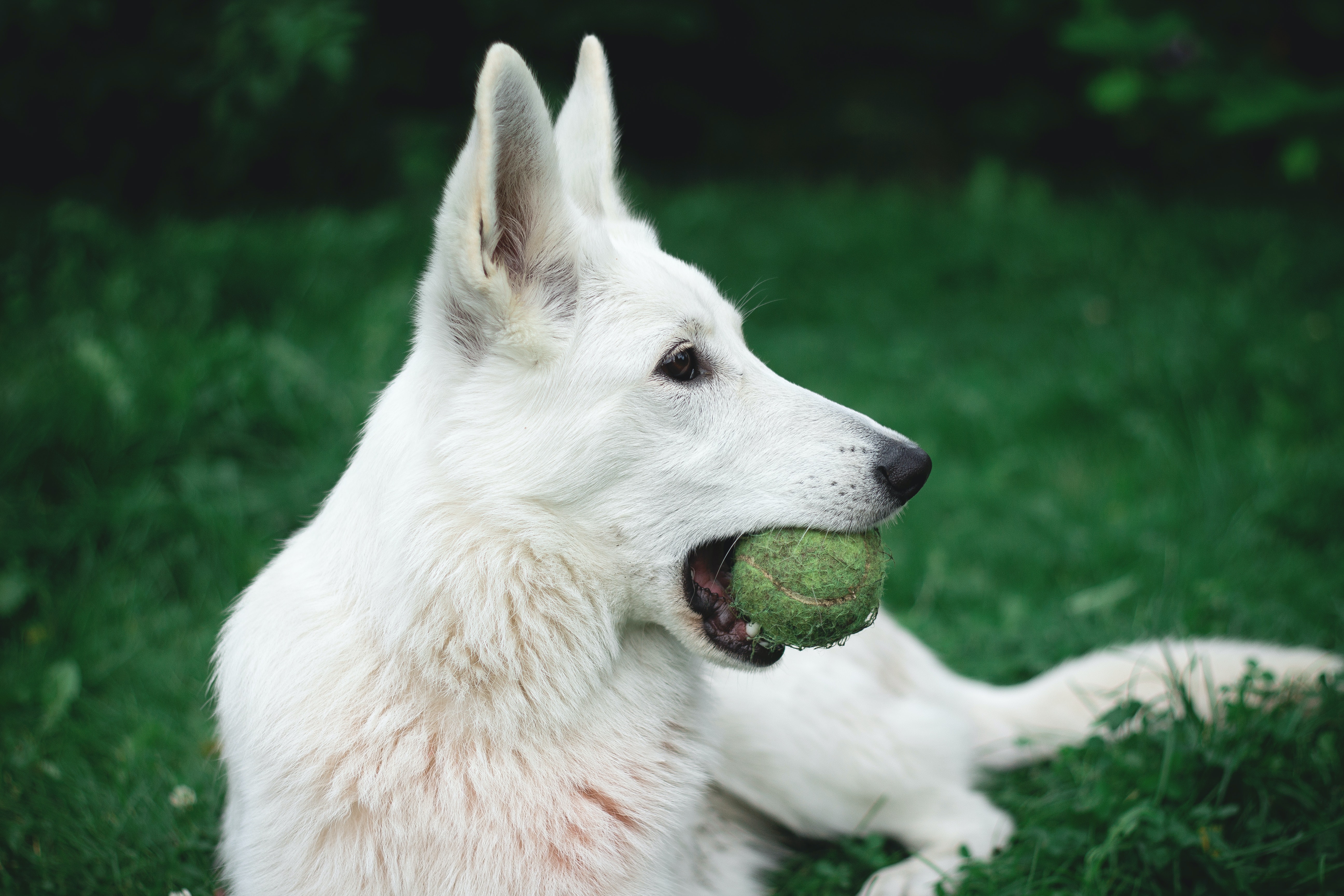CD200 and VSV - a Next Generation treatment in Dogs with malignant melanoma

Kelly Reid, CVT
Senior Research Study Technician
[email protected]
612-625-7645
Study title
Development and Clinical Testing of Next Generation Oncolytic Viruses Against Spontaneous Malignant Melanomas in Companion Dogs
Purpose of study
This study investigates a strategy to overcome treatment resistance by helping the body’s immune system to fight the cancer. The strategy consists of using a virus called VSV-IFNß-CSDE1WT (“VSV”) that has been modified in the laboratory so that it can kill cancer cells. Various versions of VSV have been tested in client-owned dogs demonstrating safety and are currently being used in cancer trials for people. To enhance the effectiveness of the VSV, we will also use a drug called CD200AR-L, which stimulates immune cells (called T cells) by suppressing control mechanisms that “put the brakes” on the immune system. While in normal conditions these control mechanisms are important to regulate immune responses, their activation in the presence of cancer can prevent the body’s immune system to effectively fight against the cancer. By releasing the breaks, the immune system has more power to fight the cancer.
Eligibility criteria
Dogs must:
- have a histopathology confirmation of malignant melanoma (any anatomic location) with measurable disease which we can biopsy
- be at least one year of age
- weigh at least 22 lbs (10kg), dogs less than 10 kg may be considered on a case-by-case basis
- have a normal activity level
- is healthy other than having melanoma
- not have too low of blood counts to participate
- discontinue prednisone or other immunosuppressive drugs for 2 weeks prior to the study (if removing immunosuppressive drugs would be life-threatening, the dog would not be eligible)
- no be taking any alternative or herbal medications
- not have had previous chemotherapy or use of the Oncept melanoma vaccine
- not be pregnant or nursing during study
- not be an intact male intended for breeding
- not be housed near livestock nor are in contact with livestock (VSV is a concern for livestock)
- be amenable to the procedures below
Procedures
The visits for the study include (summary):
- Screening visit with exam (day -2 to -7): blood and urine collection, staging diagnostics including a possible CT scan of the chest and tumor site with biopsy if tissue is available
- Week 1 (days 0-3): dogs will stay in the Veterinary Medical Center to receive treatment and be monitored. VSV will be given IV on day 0. Samples of blood, urine, saliva and feces will be collected over the course of their stay.
- Day 7 recheck: physical exam, samples of blood, urine, saliva and feces will be collected
- Standard of care: surgery to remove the tumor or radiation therapy as standard care for melanoma
- Study continues 3 days after surgery or at the end of radiation therapy: blood drawn and CD200 with intradermal injection, followed with another injection 3 days later
- Recheck visits with CD200 treatments 7, 14, 21, 28 days later with physical exam and samples of blood, urine, saliva and feces collected. Dogs will stay a minimum of 30 minutes post-treatment for observation, owners can drop off the dogs for their convenience. Restaging with chest x-rays on day 28 performed.
- 2, 3, 4 months later visits with physical exam, samples of blood, urine, saliva and feces collected. CD200 treatment administered. Month 4 restaging with chest x-rays performed
- Month 7 staging as standard of care with physical exam, possible radiographs and fine needle aspirates of tumor or lymph nodes, blood collected
Costs
Owners pay for the initial diagnostic exam, bloodwork and urinalysis at the screening appointment, with the exception of the CT scan which will be covered by the study. The study covers all costs of study-related procedures if the dog is enrolled.